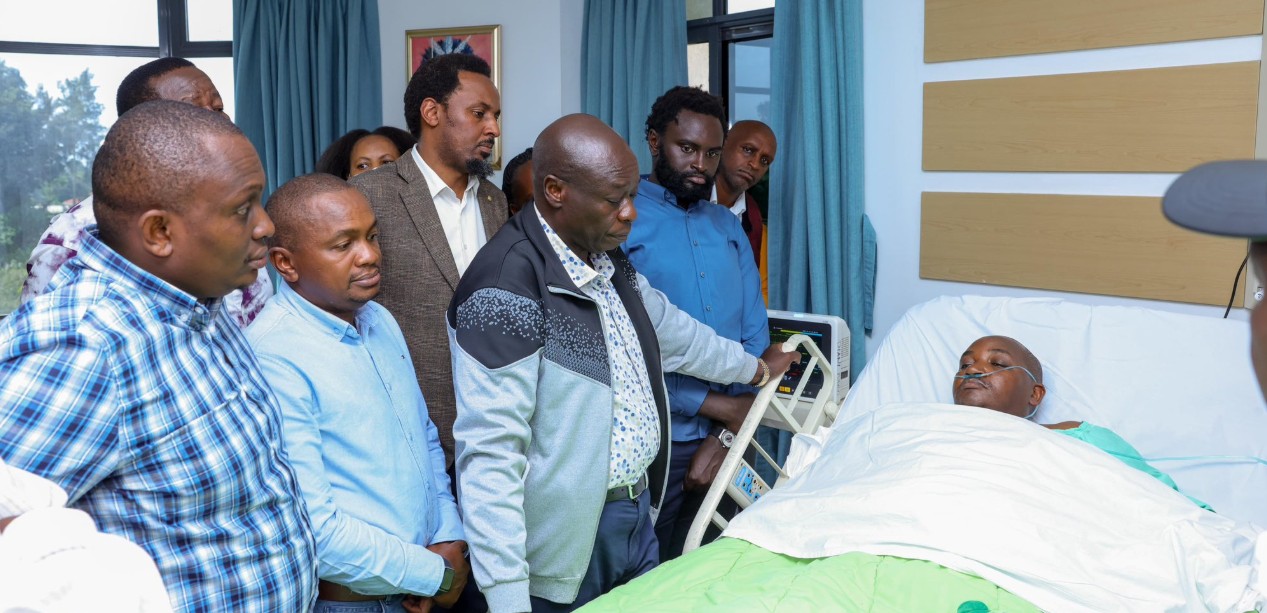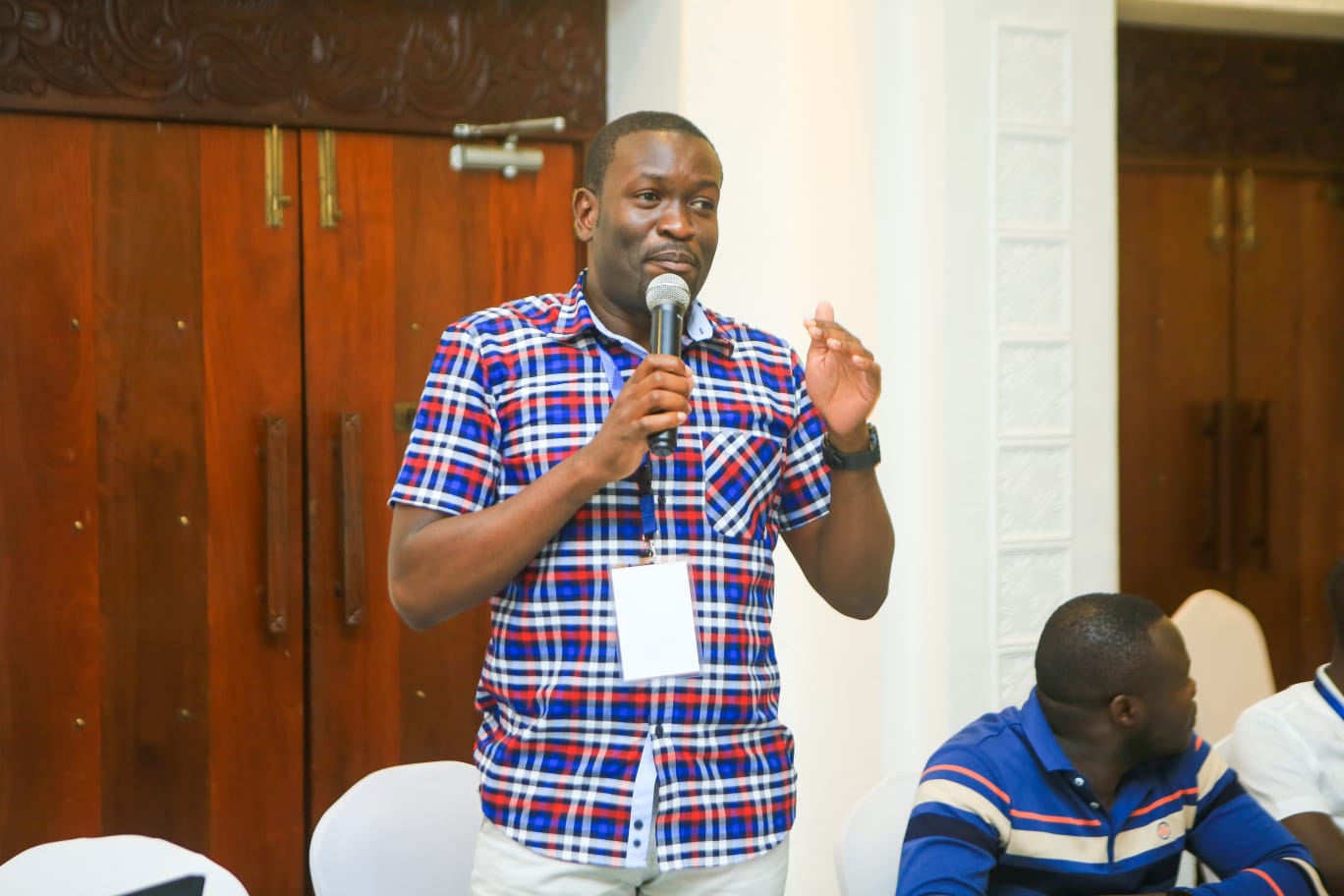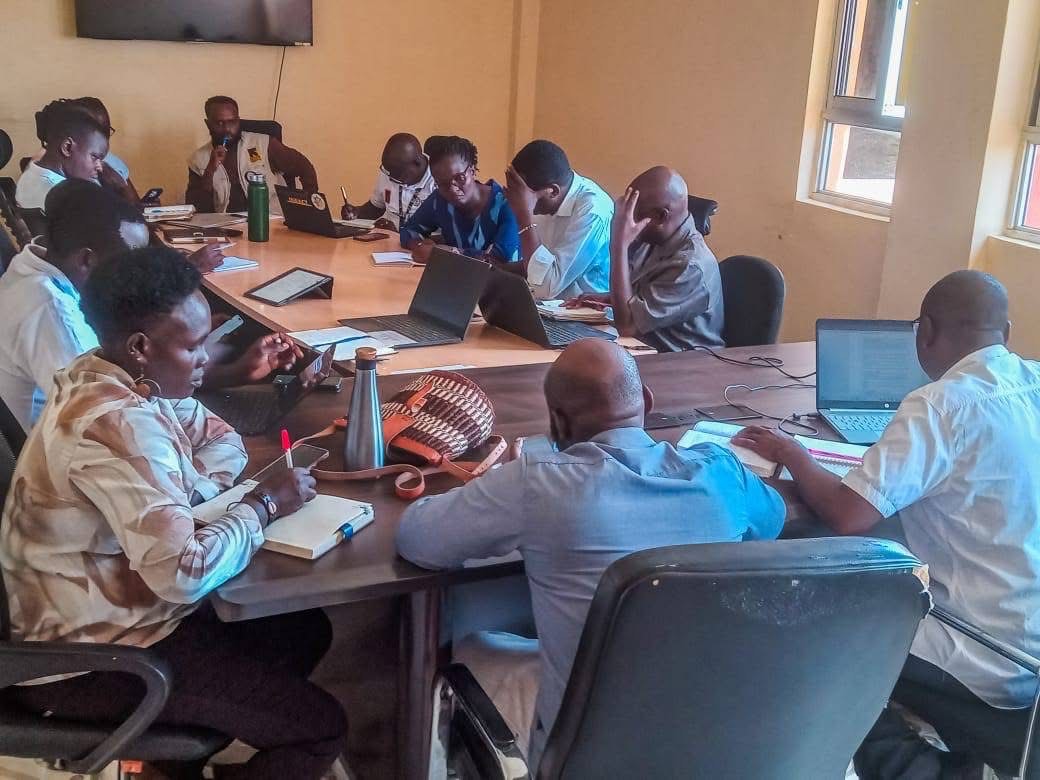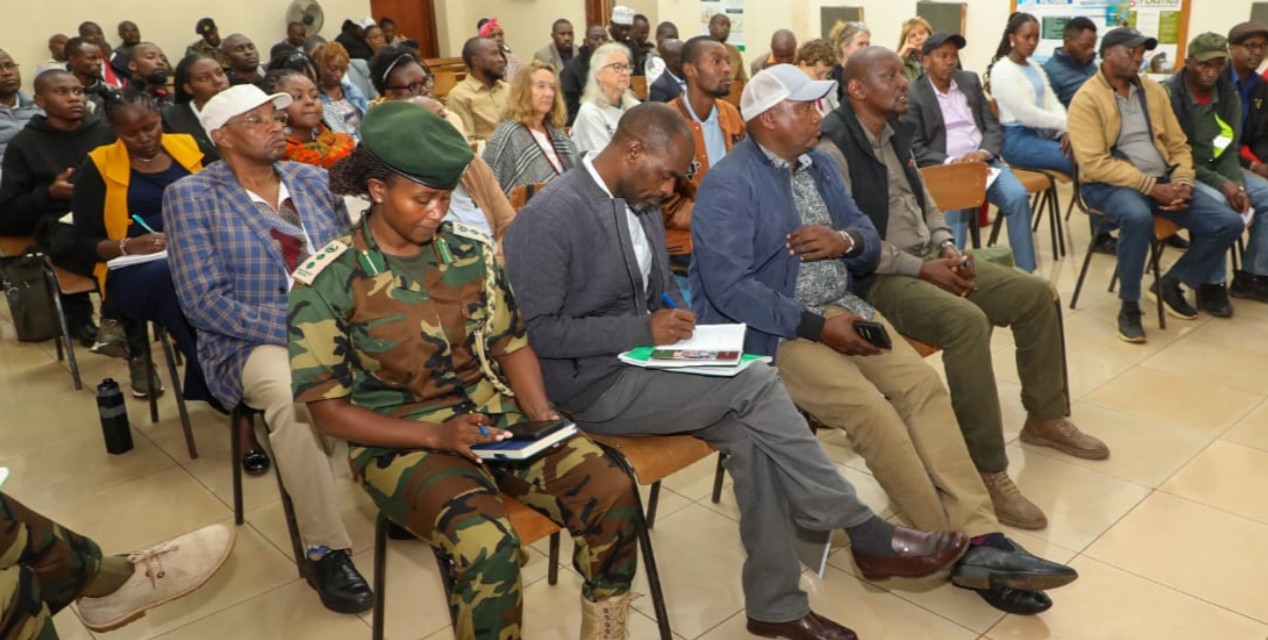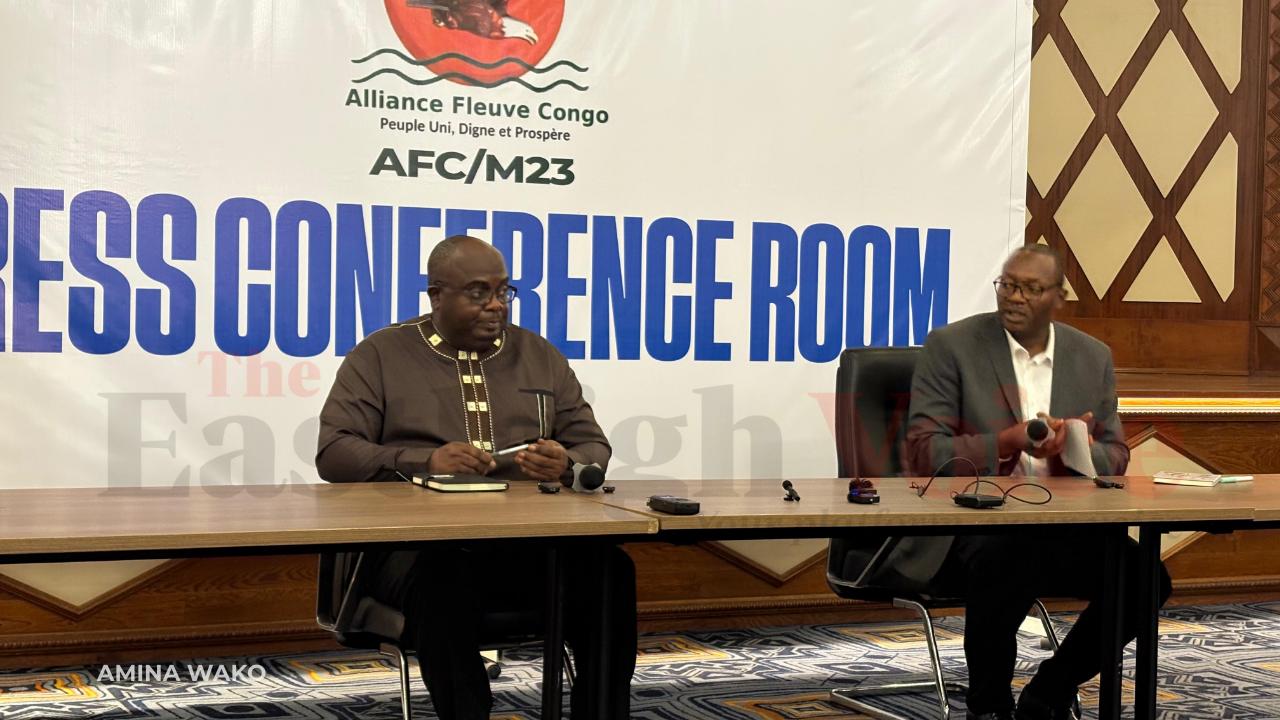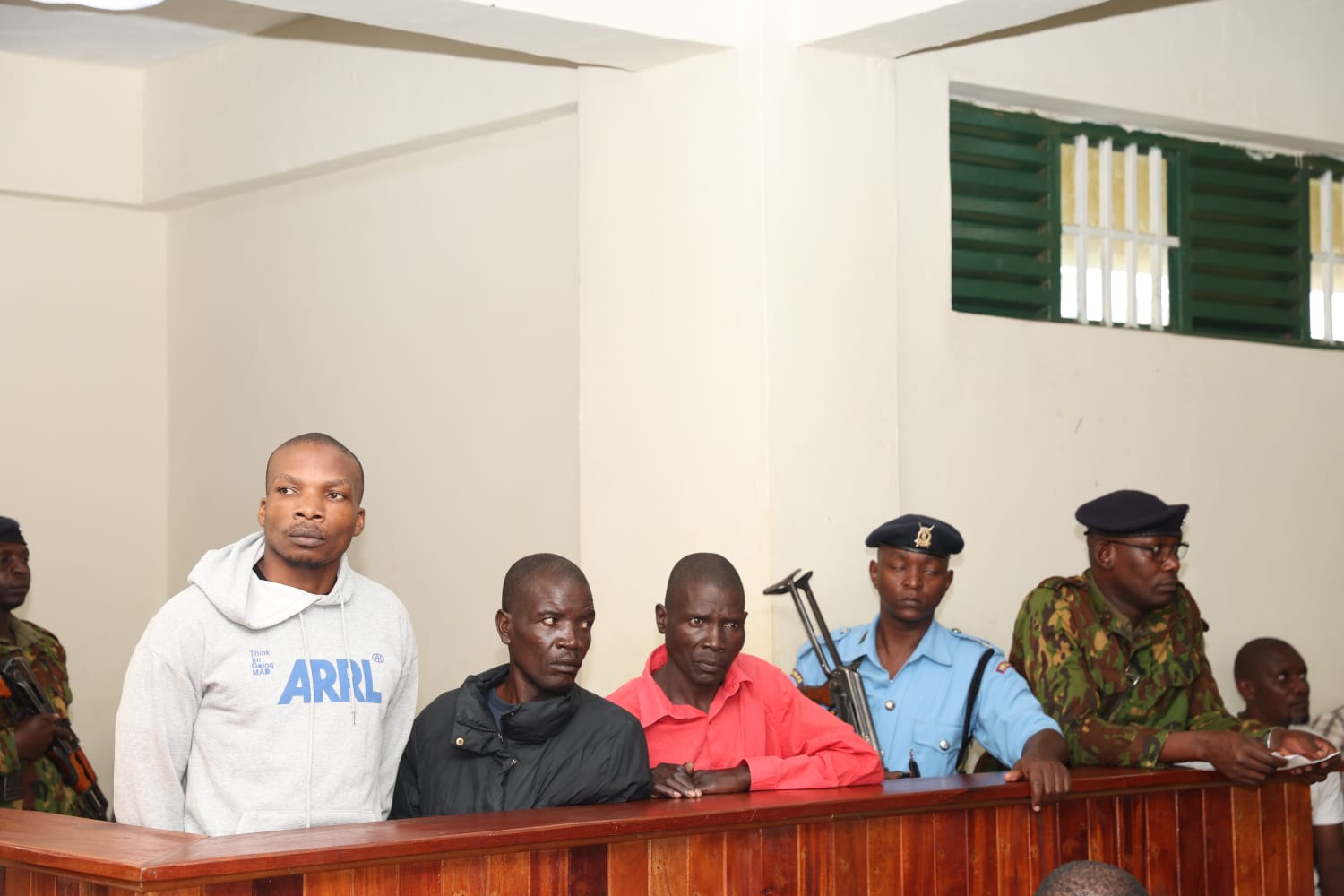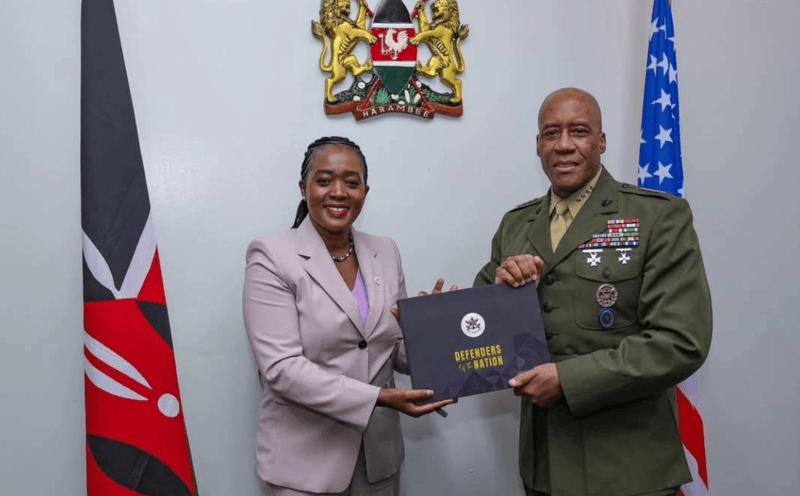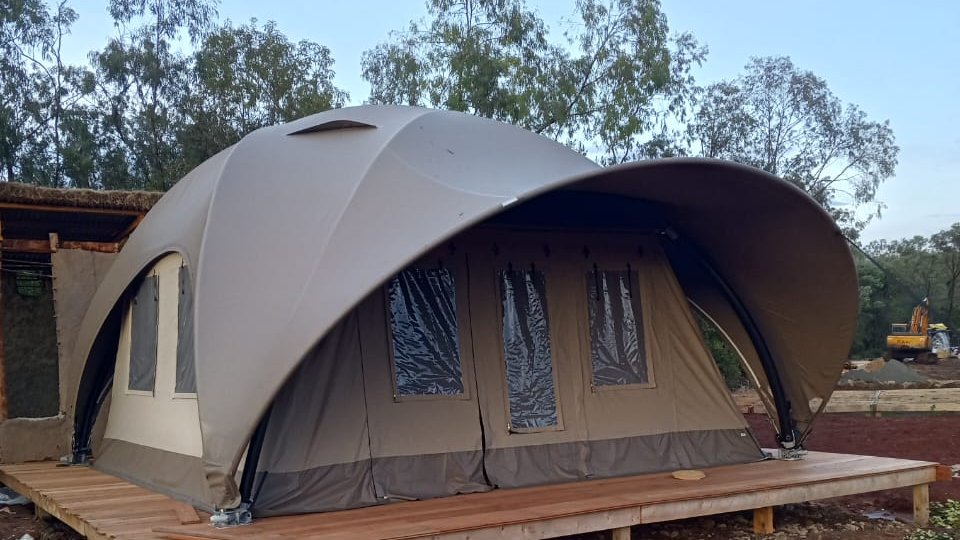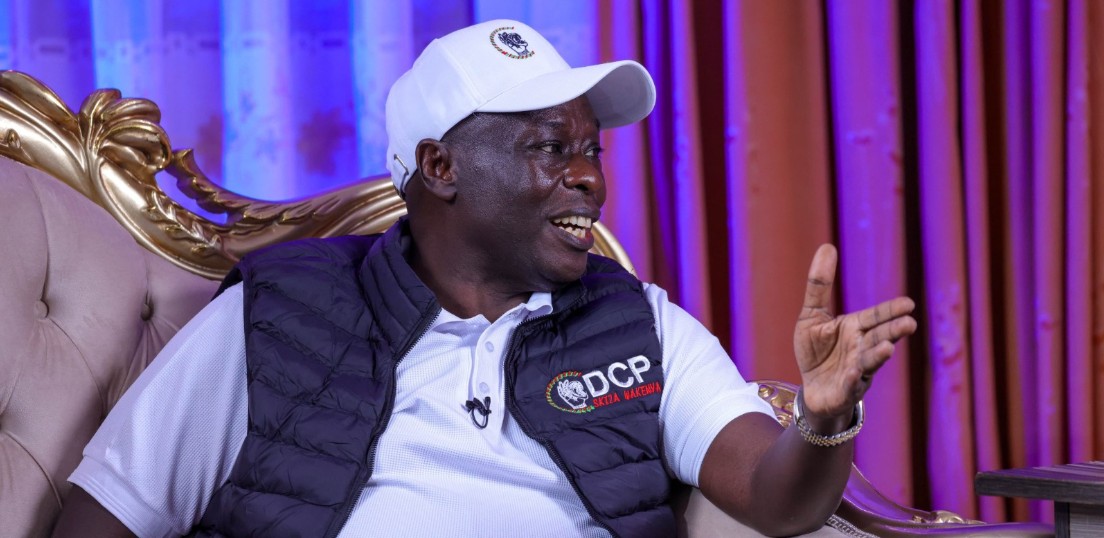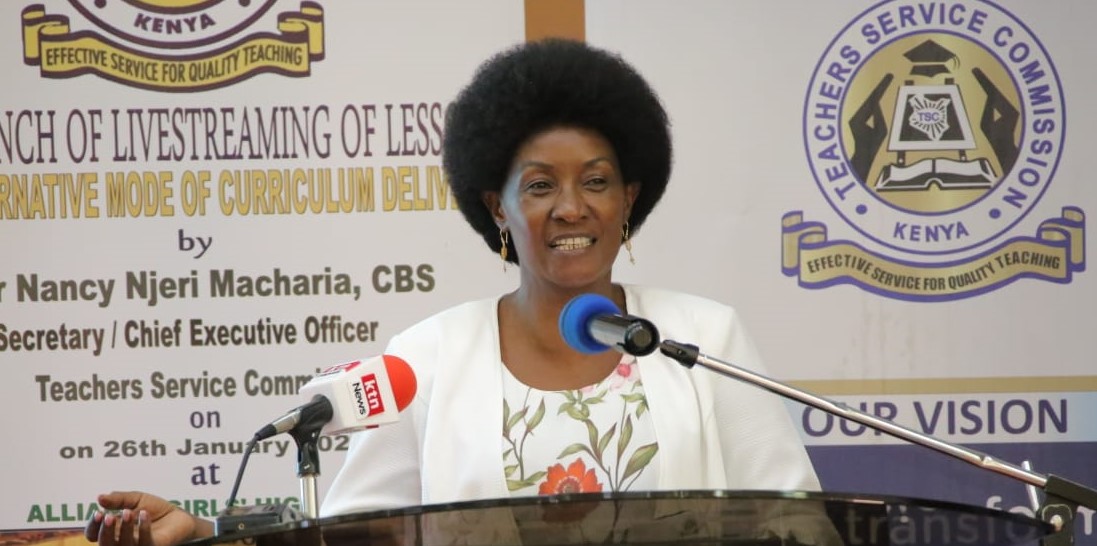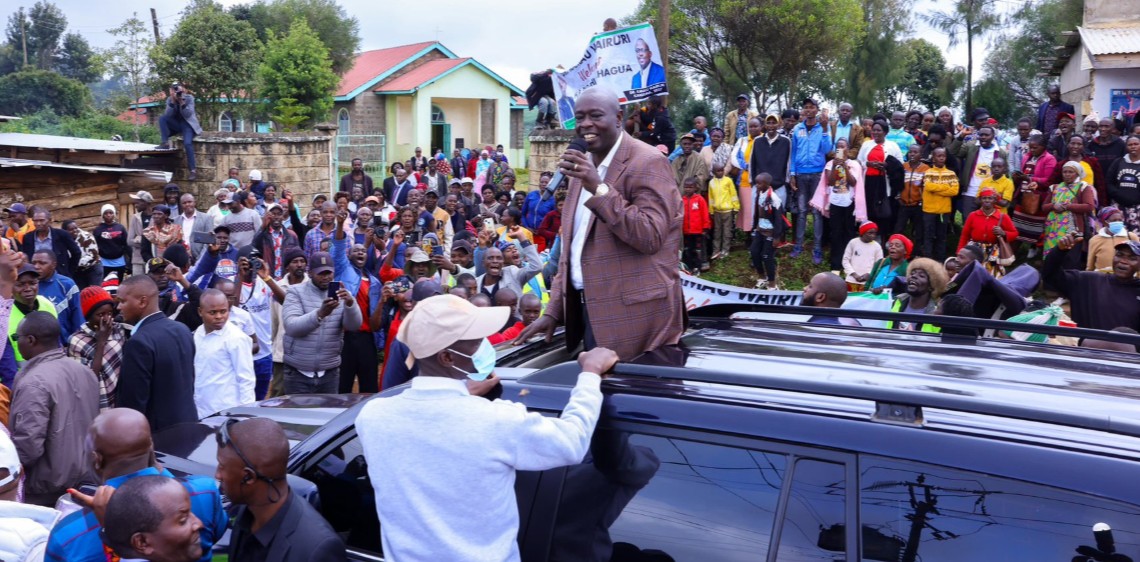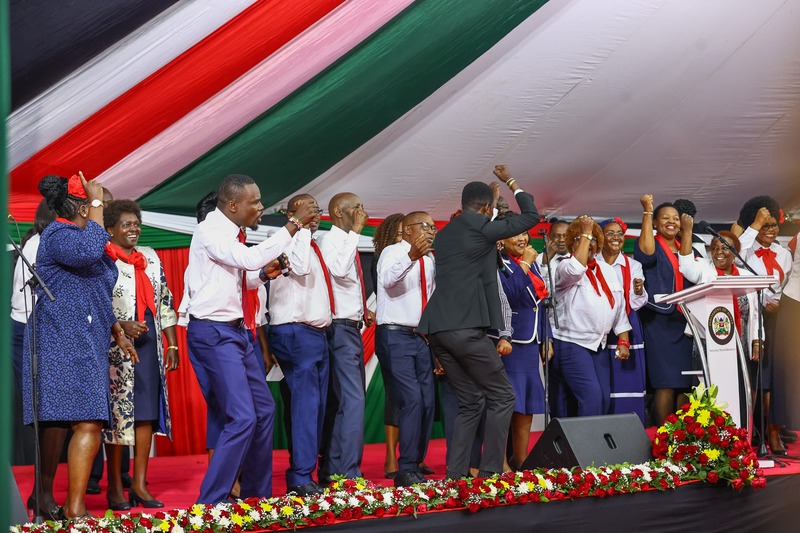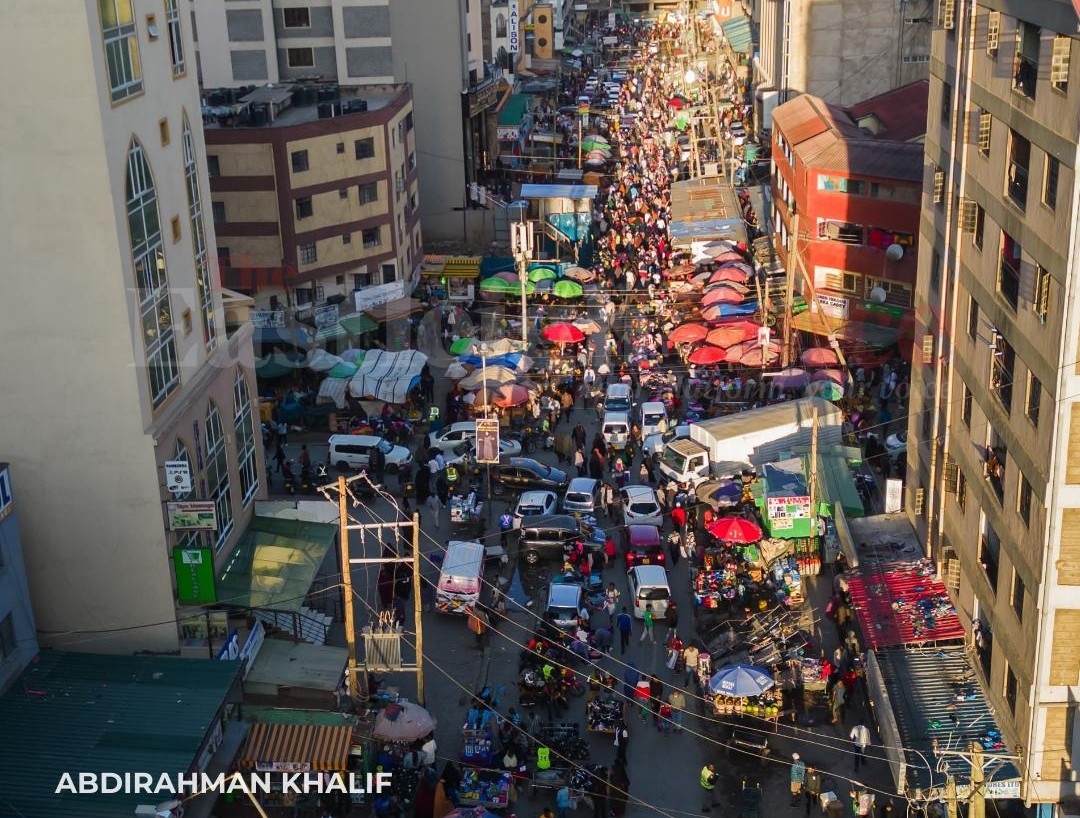Nairobi shifts position on Western Sahara, endorses Morocco’s autonomy plan
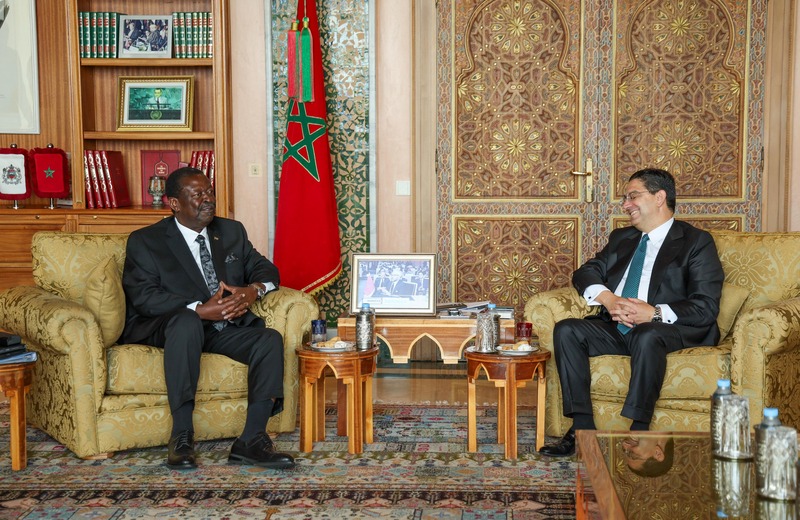
Kenya had previously hosted SADR President Brahim Ghali and held formal ties with the self-declared republic, a stance that aligned more closely with Algeria and the African Union's historical support for self-determination.
Kenya's foreign policy appeared to tilt sharply on Monday as Foreign Affairs Cabinet Secretary Musalia Mudavadi inaugurated Nairobi's first-ever embassy in Rabat and signed a joint communiqué that openly backed Morocco's autonomy plan over Western Sahara.
In a move diplomatically significant yet semantically careful, the communiqué described the Moroccan autonomy plan as "the only credible and realistic solution" and "the only sustainable approach to resolving the Sahara issue," validating Rabat's stance while avoiding an explicit revocation of Kenya's earlier recognition of the Sahrawi Arab Democratic Republic (SADR).
More To Read
- Kenya officially opens embassy in Rabat, signalling diplomatic reset with Morocco
- Mudavadi heads to Rabat to open Kenya’s first embassy in Morocco, signaling diplomatic realignment
- Mudavadi confirms Boniface Mwangi is still in custody in Tanzania, disputes deportation claims
- Mudavadi urges African envoys in Brazil to back AU reforms, financial overhaul
- Mudavadi meets US top diplomat Marco Rubio in Washington, days after China visit
- Teachers unions reject govt plan to reclassify hardship areas without consultation
"The Republic of Kenya welcomes the growing international consensus and the momentum led by His Majesty King Mohammed VI in favour of the autonomy plan," read the statement issued in Rabat on May 26.
This marked a diplomatic recalibration for Nairobi.
Kenya had previously hosted SADR President Brahim Ghali and held formal ties with the self-declared republic, a stance that aligned more closely with Algeria and the African Union's historical support for self-determination.
President William Ruto's administration, however, has pursued a more transactional foreign policy, and this shift aligns with Morocco's concerted efforts to diplomatically isolate the SADR.
Notably, Nairobi's new posture echoes Rabat's preference for handling the conflict through the United Nations Security Council rather than AU mechanisms, where SADR remains a full member.
Kenya's endorsement also dovetails with an April decision by the National Assembly's Defence and Foreign Relations Committee to remove explicit references to Western Sahara's right to self-determination from its 2025 foreign policy blueprint.
This quiet editing out reflects Nairobi's broader geopolitical realignment.
In addition to Western Sahara, the Rabat communiqué also announced plans to deepen trade, including under the African Continental Free Trade Area (AfCFTA), resume direct flights between Nairobi and Casablanca, and expedite a double taxation agreement, highlighting the commercial underpinning of this diplomatic shift.
While Kenya hasn't formally revoked its SADR recognition, its actions speak volumes.
With the Rabat embassy now open and Nairobi openly praising Morocco's position, the writing on the wall is unmistakable: Kenya has pivoted.
Top Stories Today

